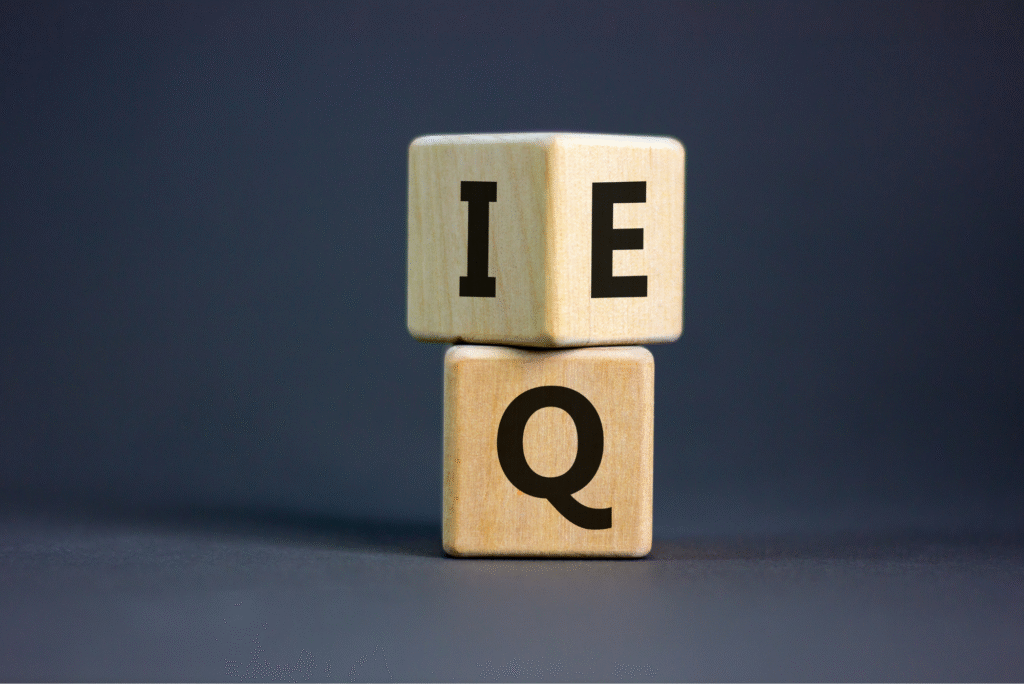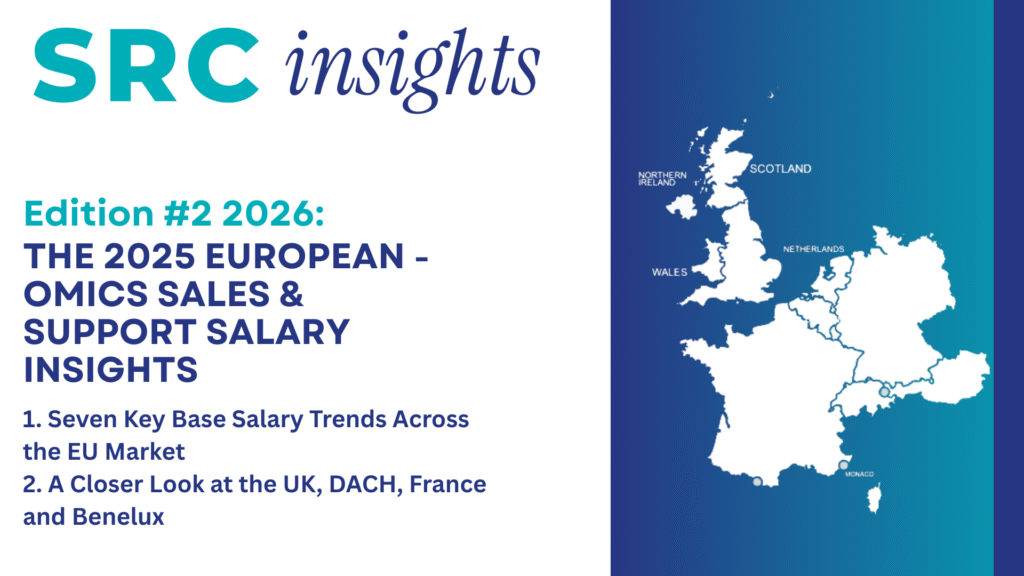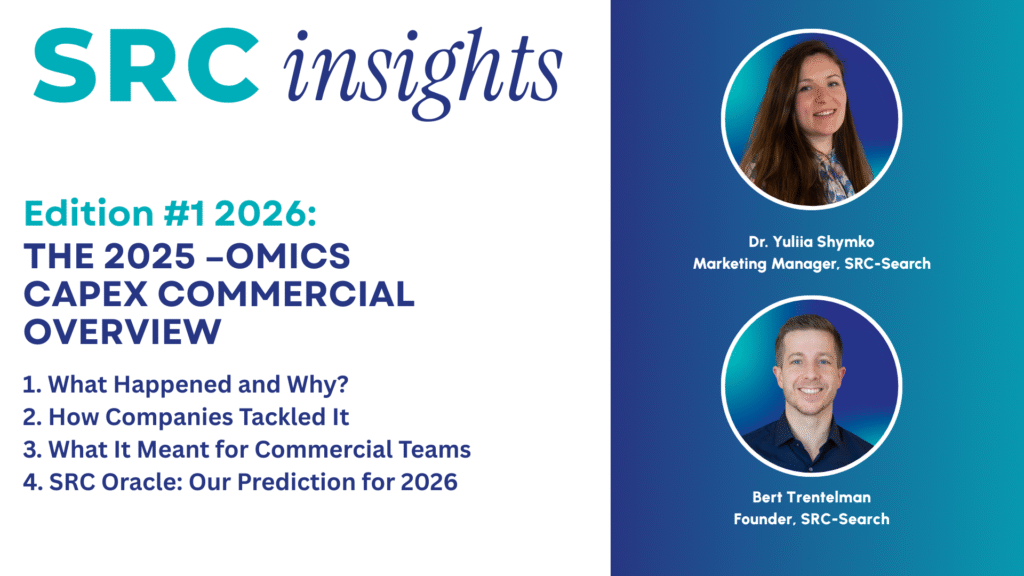The debate between emotional intelligence (EQ) and intellectual intelligence (IQ) has been ongoing for decades. While IQ might shine in solving technical problems, high EQ takes the lead in building relationships, fostering collaboration, and navigating workplace challenges. Here’s why prioritising high EQ when hiring can transform your team and deliver long-term results.

1. Building strong relationships
Technical expertise is valuable, but connections drive success. High-EQ individuals can:
- Understand emotions and perspectives through empathy (Davis, 1983).
- Build trust and rapport with clients and colleagues.
- Navigate social interactions effectively, ensuring productive outcomes.
In the workplace, relationships fuel teamwork and client satisfaction. Hiring for EQ ensures you have people who strengthen these connections.
2. Adapting communication styles
Effective communication goes beyond words—it is about understanding your audience. High-EQ individuals excel at:
- Adjusting their communication style to fit different audiences (Salovey & Mayer, 1990).
- Reading non-verbal cues and emotional undercurrents.
- Ensuring clarity and understanding in diverse teams or complex client meetings.
By adapting their approach, they make sure everyone feels heard and included, enhancing collaboration.
3. Handling stress and pressure
Stress is inevitable, but how it is handled makes all the difference. High-EQ individuals:
- Reframe stressful situations to find solutions (Mikolajczak et al., 2007).
- Stay calm under pressure, preventing escalation.
- Approach challenges with a problem-solving mindset.
In high-stakes environments, their ability to manage stress ensures steady performance and a balanced team dynamic.
4. Resolving conflicts effectively
Workplace conflicts are unavoidable, but high-EQ individuals handle them constructively by:
- Using empathy and active listening (Jordan & Troth, 2004).
- Turning disagreements into productive discussions.
- Avoiding escalation while fostering understanding and resolution.
These “peacekeepers” play a vital role in maintaining harmony and refocusing teams on shared goals.
5. Fostering team cooperation
High EQ builds trust, the cornerstone of teamwork. Research shows (Lopes et al., 2004):
- High-EQ individuals create environments where collaboration thrives.
- They foster partnerships through empathy and understanding.
- Their ability to connect with others drives team success.
In any organisation, the best projects stem from effective teamwork—and high-EQ employees make this happen.
Why hiring for EQ matters
IQ might help someone ace a test, but EQ ensures they thrive in the real world of relationships, collaboration, and problem-solving. When hiring, prioritising EQ brings benefits like:
- Stronger connections within your team and with clients.
- A calm, problem-solving approach during stressful situations.
- Better communication, fostering an inclusive and supportive workplace.
While IQ plays a role in technical problem-solving, emotional intelligence is the key to navigating the complexities of workplace relationships. By focusing on hiring individuals with high EQ, you are not just building a team—you are creating a culture of trust, collaboration, and resilience.
References:
[1] Davis, (1983). Measuring individual differences in empathy: evidence for a multidimensional approach.
[2] Jordan, (2004). Managing emotions during team problem solving: emotional intelligence and conflict resolution.
[3] Lopes, (2004). Emotional intelligence and social interaction.
[4] Mikolajczak, (2007). Is emotional intelligence beneficial?



